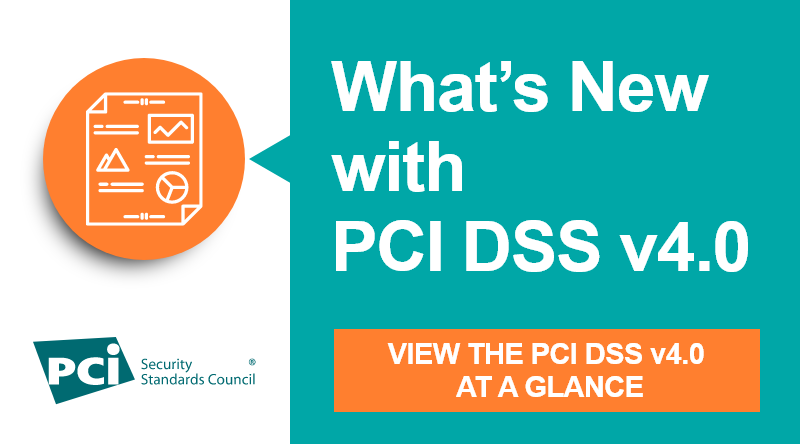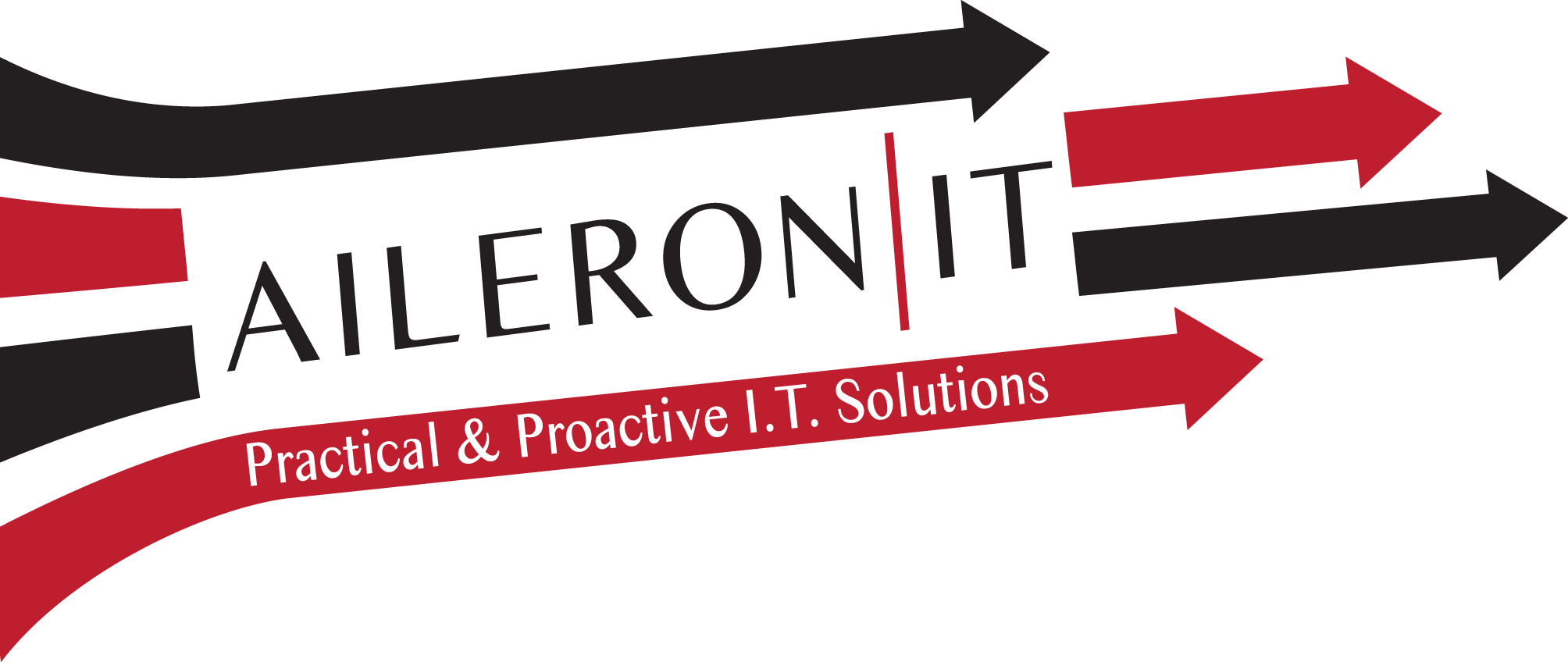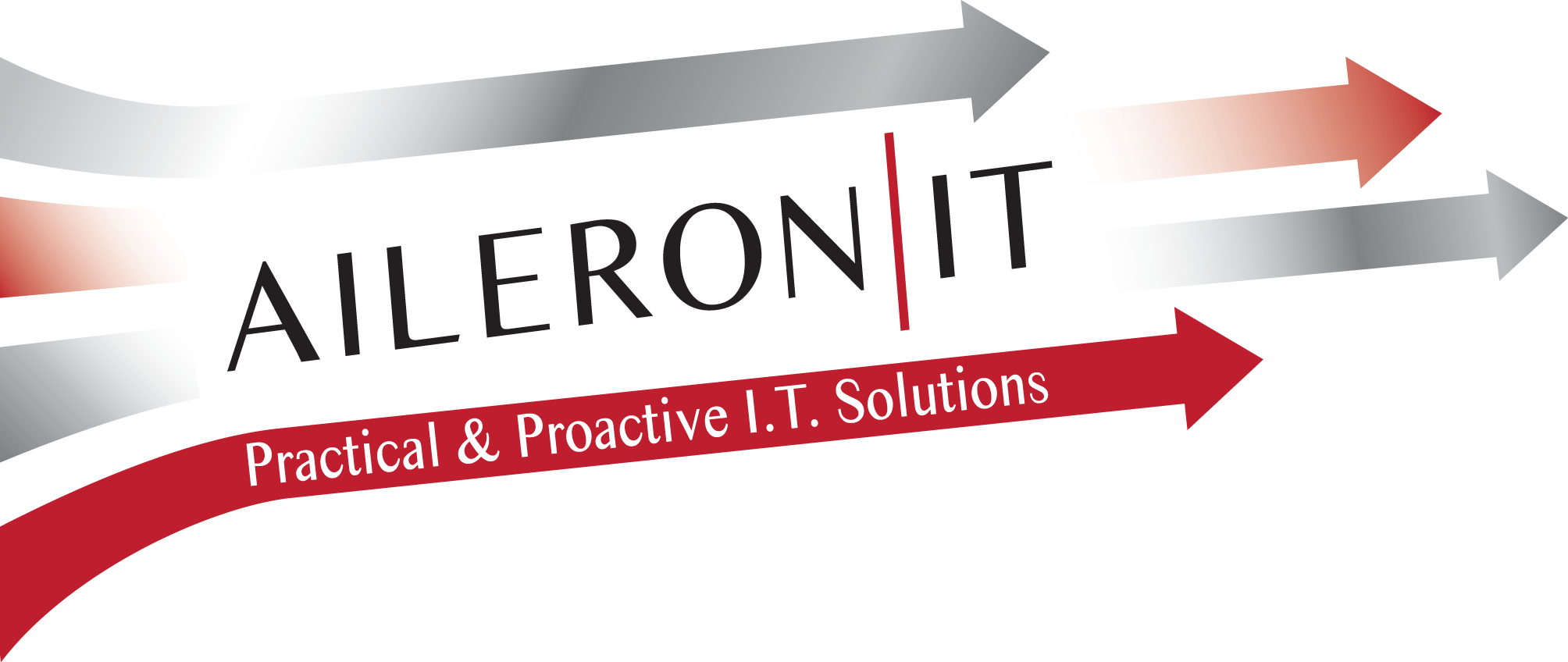Understanding PCI Compliance for Small to Mid-Sized Businesses: A Guide for Owners

As a business owner, ensuring PCI (Payment Card Industry) compliance is crucial to protect your company from data breaches and cyberattacks. With updates to the PCI DSS (Data Security Standard) set to take effect in March 2025, the need to stay ahead of these changes is more important than ever. Whether your business processes payments online, in-store, or through mobile devices, complying with PCI standards helps safeguard your customers’ payment data and ensures your business avoids potential fines, lawsuits, or reputational damage. This guide is designed to walk you through the essentials of PCI compliance, highlighting the key components of the upcoming PCI DSS 4.0 update, how these changes will impact your small to mid-sized business, and the steps you can take to maintain compliance.
What is PCI Compliance, and Why is it Important?
PCI compliance refers to adhering to the standards set by the Payment Card Industry Security Standards Council (PCI SSC) to protect cardholder data. If your business accepts, processes, or transmits payment card information, you must comply with PCI DSS standards to ensure this sensitive data remains secure. Non-compliance can lead to severe consequences, including:
- Financial Penalties: Fines for non-compliance can range from $5,000 to $100,000 per month, depending on the size of your business and the extent of the violation.
- Increased Risk of Data Breaches: Businesses that don’t comply with PCI standards are more vulnerable to cyberattacks and data breaches, which can damage your reputation and customer trust.
- Loss of Merchant Account: If your business is found to be non-compliant, credit card companies may terminate your ability to process payments.
For businesses with 10 to 60 employees, the cost of a data breach or compliance failure can be devastating, which is why understanding and implementing PCI DSS standards is vital.
What’s New in PCI DSS 4.0?
The upcoming PCI DSS 4.0 standard, which will be fully enforceable by March 2025, introduces several key changes designed to improve payment security, adapt to emerging threats, and enhance flexibility for businesses. For small to mid-sized businesses, some of the most significant updates include:
1. Email Security Protocols: DMARC, SPF, and DKIM
The new PCI DSS 4.0 mandates that businesses implement enhanced email security measures, specifically DMARC (Domain-based Message Authentication, Reporting, and Conformance), SPF (Sender Policy Framework), and DKIM (DomainKeys Identified Mail). These protocols protect against email phishing attacks by verifying the authenticity of the sender’s domain. For businesses that rely on email for customer communication or invoicing, implementing these protocols is crucial to avoid becoming a victim of phishing schemes that can lead to fraudulent transactions or data breaches.
2. Flexibility in Security Controls
One of the most significant changes in PCI DSS 4.0 is the introduction of more flexible security controls. While previous versions of the standard focused on rigid, one-size-fits-all requirements, version 4.0 allows businesses to choose customized security controls that fit their specific operational needs, as long as they meet the overall security objectives. This flexibility is particularly beneficial for small and mid-sized businesses with unique payment processing systems or operational constraints.
3. Multi-Factor Authentication (MFA)
Multi-factor authentication has been emphasized in earlier PCI DSS versions, but PCI DSS 4.0 expands its application, making it mandatory for all access to cardholder data environments (CDEs). This means that any employee or system accessing cardholder data must authenticate their identity using at least two separate verification methods, such as a password and a fingerprint or security token. This extra layer of security can help prevent unauthorized access and reduce the risk of data breaches.
4. Enhanced Risk Management Framework
Under PCI DSS 4.0, businesses are required to adopt a more comprehensive risk management framework. This involves conducting regular risk assessments to identify vulnerabilities in payment processing systems and taking proactive measures to mitigate those risks. For businesses with limited IT resources, this may involve working with a managed service provider (MSP) to assess potential security threats and develop a strategy for addressing them.
5. Regular Penetration Testing
Another new requirement is that businesses must conduct more frequent and thorough penetration testing to identify weaknesses in their systems. This testing must be done by qualified personnel or third-party providers and should be designed to simulate real-world attacks. For businesses with 10 to 60 employees, investing in regular penetration testing can help ensure that your payment systems remain secure and compliant.
How Can PCI Compliance Benefit Your Business?
While PCI compliance is often viewed as a regulatory requirement, it also offers several business benefits, especially for small and mid-sized companies:
- Improved Customer Trust: Customers are more likely to do business with companies that take data security seriously. By complying with PCI DSS standards, you demonstrate your commitment to protecting their payment information, which can enhance your reputation and foster customer loyalty.
- Reduced Risk of Data Breaches: Data breaches can be costly, not only in terms of financial losses but also in terms of reputational damage. PCI compliance reduces the likelihood of breaches by ensuring that your systems are secure and regularly tested for vulnerabilities.
- Avoidance of Legal and Financial Penalties: Failing to comply with PCI standards can result in hefty fines, legal fees, and increased scrutiny from regulators. By staying compliant, you avoid these financial pitfalls and ensure the long-term success of your business.
Steps to Achieve PCI Compliance for Small to Mid-Sized Businesses
Achieving PCI compliance may seem daunting, but with the right approach, it can be manageable, even for smaller businesses with limited IT resources. Here are the steps you can take to ensure compliance:
1. Assess Your Current Security Measures
Start by evaluating your existing payment processing systems and identifying any areas where you may fall short of PCI DSS requirements. This includes reviewing your firewall settings, encryption protocols, and access controls.
2. Implement Necessary Security Controls
Once you’ve identified gaps in your security, implement the necessary controls to bring your systems up to standard. This may involve upgrading your software, improving your encryption methods, or adding multi-factor authentication for employees accessing cardholder data.
3. Work with a Qualified Security Assessor (QSA)
If you’re unsure where to start or need assistance with implementing PCI controls, consider working with a Qualified Security Assessor (QSA). A QSA can help you navigate the complexities of PCI compliance and ensure that your business meets all the necessary requirements.
4. Conduct Regular Audits and Risk Assessments
Compliance is an ongoing process, not a one-time event. Conduct regular audits and risk assessments to ensure that your systems remain secure and up-to-date. This includes testing your network for vulnerabilities, monitoring access logs, and conducting employee training on security best practices.
5. Use a Managed Service Provider (MSP)
For small to mid-sized businesses, partnering with a Managed Service Provider (MSP) can be a cost-effective way to achieve and maintain PCI compliance. MSPs specialize in managing IT infrastructure, including payment security, and can provide the expertise needed to stay compliant with PCI DSS 4.0.
Final Thoughts
With the upcoming changes to PCI DSS 4.0, it’s essential for small to mid-sized business owners to take proactive steps to protect their customers’ payment data and ensure compliance. By implementing the necessary security controls, working with qualified professionals, and regularly assessing your systems, you can minimize the risk of data breaches, avoid costly fines, and build a reputation as a trusted business. For more information and guidance on achieving PCI compliance, please contact Aileron IT at https://aileronit.com/contact/.

